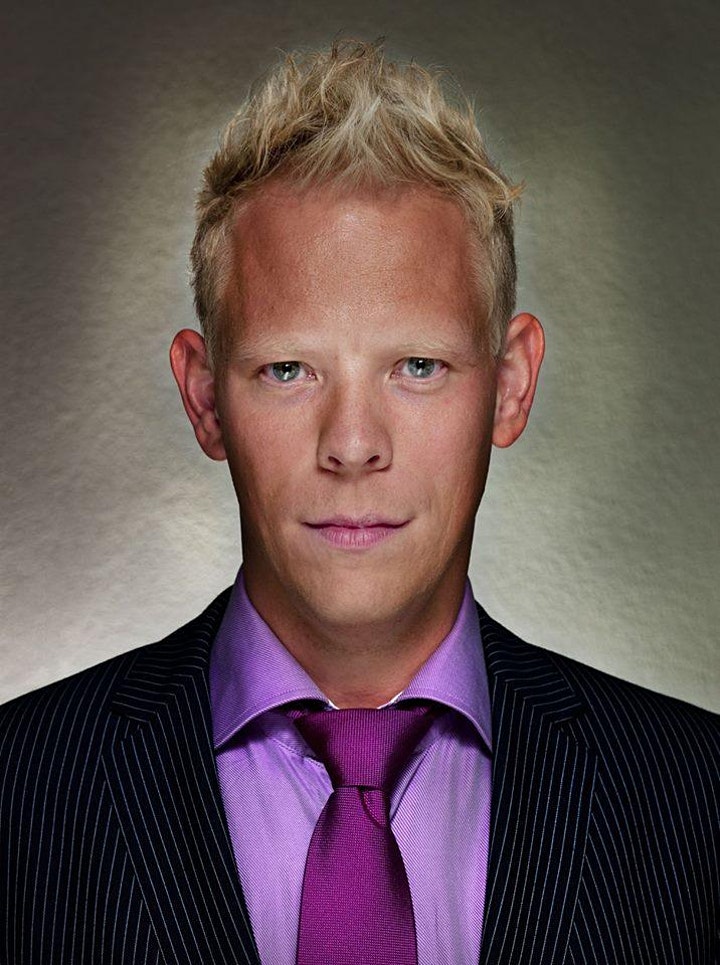The Psychology of Political Action Part 1:
Breaking the Cycle of Injustice and Trauma: A Step-by-Step Guide to Creating Permanent Individual Change
Most people have experienced some unjust treatment and discrimination in their lives. Fortunately, most individuals experience only a small number of injustices. However, some individuals are more likely to experience multiple unjust events, such as minority groups or individuals with low socio-economic status. For them, injustice never seems to come on its own, and one event seems to lead to another. Such as the mother who lost her flat when she lost her job and could not find a new job due to the economic crisis. Or the person who grew up with narcissistic parents and felt pulled towards narcissistic abusers later in their life. Or the Palestinian and Israeli neigbours who continuously traumatise each other with their daily micro-aggressions, and who respond and trigger each other due to their post-traumatic stress responses. Individuals who are traumatised or have an insecure attachment are at risk to unintentionally worsen their life situations, for example due to their automatic body responses. These are just some of the countless possible examples of the cycles of structural injustice.
This lecture aims to analyse the causes of these cycles of structural injustice and lack of privilige, and to examine how individuals can break these cycles. This lecture is relevant for anyone who wants to ounderstand the causes and solutions of structural injustice. This may particularly be relevant for people working in the talking professions, such as therapists, psychologists, counselors, coaches and social workers. This lecture will start with some examples of the cycles of structural injustice. Subsequently, an overview of key research findings will be presented: what does research say about these cyccles of structural injustice, and how do individuals get stuck? For example, empirical research will be used from the fields of critical psychiatry, as the lecturer Joel Vos has reviewed in the book that he wrote togetyher with Ron Roberts and James Davies, Mental Health in Crisis (SAGE). Further findings will come from Vos’ book The Economics of Meaning in Life. This will also include a recently conducted systematic review of empirical research on structural injustice.
Most importantly, the lecture will then move to the question how individuals can get un-stuck, and how the talking professions can help them. This will include practical guidance to working with clients who seem to be stuck in cycles of injustice, ‘bad luck’, ‘misfortunes’, etc. On the basis of his research, Dr Vos has developed Social Justice Oriented Interventions (SJOI). SJOI aims to help individuals get un-stuck from cycles of structural injustice. SJOI consists of five stages in maximum seven sessions: stabilisation, recognition, identification, intervention, and implementation. In the stabilisation stage, the practitioner helps to create safety and stabilise mental health. In the recognition stage, the practitioner recognises the injustice done to the client, and the client is made aware of the vicious cycle and the possible role of their own psychological processes (e.g. their acute stress response may trigger retaliation from their enemy). In the identification stage, the client systematically examines possible causes of the vicious cycle. In the intervention stage, the practitioner helps the client overcome psychological problems that may contribute to the cycle of adversity and injustice, e.g. psycho-education about acute stress, stimulated rational reasoning, fostering social connections, and boosting resilience and meaning. In the implementation stage, the client makes changes in their daily life. Preliminary analyses showed that SJOI decreased acute stress levels and improved rational and strategic reasoning. SJOI seemed to help the activists and political opposition respond more effectively to the political and military oppression. In other words, SJOI taught people to break the vicious cycle of structural injustice and violence caused by the automated body responses and thought patterns triggered by adversity and structural injustice.
Course Content
Presenter

Dr Joel Vos PhD MSc MA CPsychol FHEA is a psychologist, philosopher, author, researcher, lecturer, and existential therapist. He works as Senior Researcher and Senior Lecturer at the Metanoia Institute in London, United Kingdom. His research focuses on topics around meaning in life, social justice, social movements, social and political change, and the effectiveness of humanistic and existential therapies. He is director of the IMEC International Meaning Events & Community which organises annual conferences, workshops, training, and cultural events (meaning.org.uk). He has over 100 publications, including the books ‘Meaning in Life: an evidence-based handbook for practitioners’ (MacMillan, 2017), ‘Mental health in crisis’ (Sage, 2019), ‘The economics of meaning in life’ (University Professors Press, 2020), and ‘The psychology of COVID-19’ (Sage, 2020).


